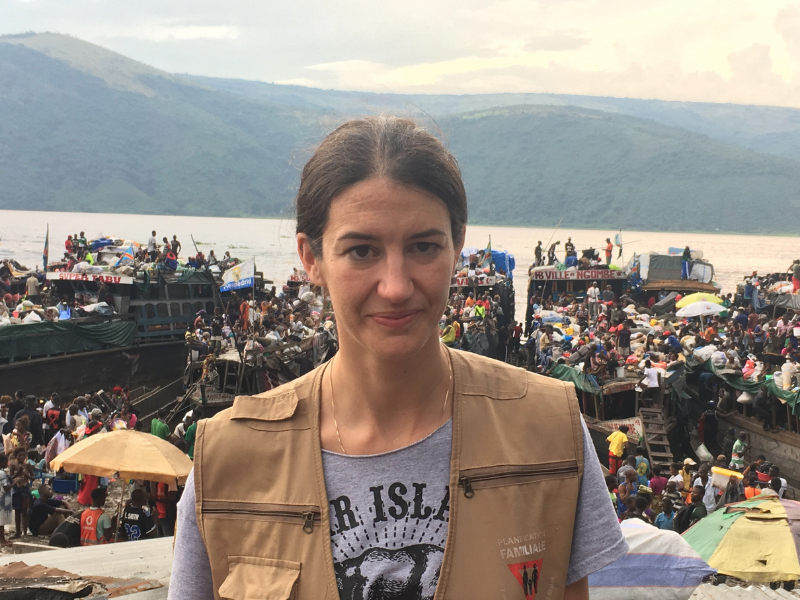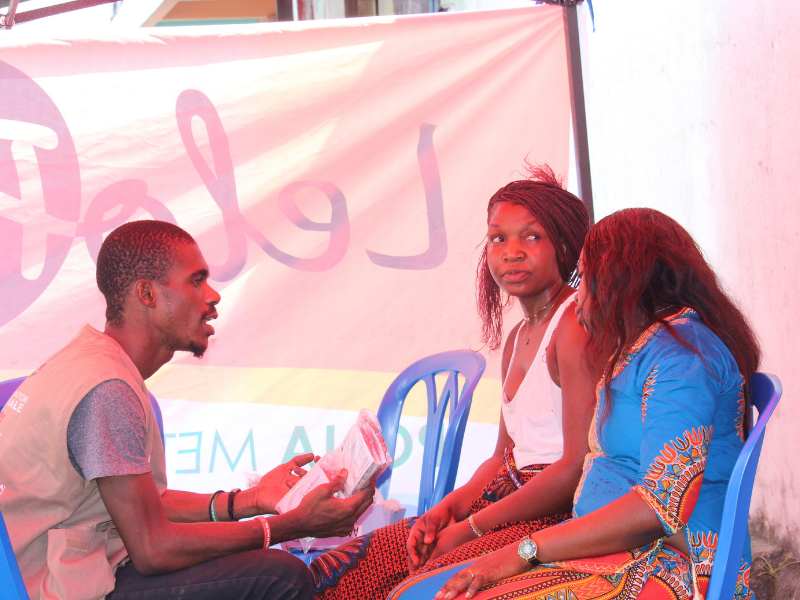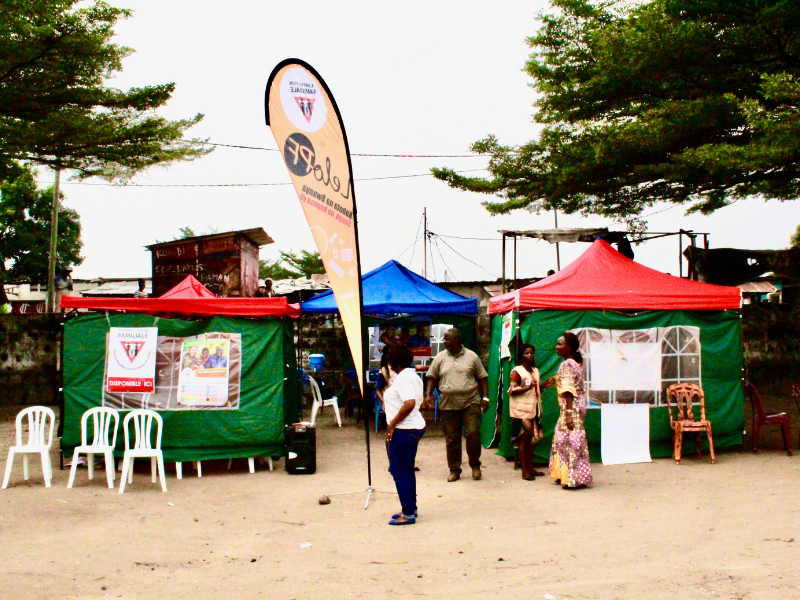New grant targets youth family planning in DRC

Dr. Julie Hernandez, associate professor of international health and sustainable development at the Tulane School of Public Health and Tropical Medicine, has been awarded a $1.5 million grant from the Packard Foundation to improve access to family planning resources for youth and adolescents in the Democratic Republic of the Congo (DRC).
The grant builds on the school’s existing family planning work in the African country, funded by both Packard and the Bill & Melinda Gates Foundation. Tulane has been using a community-based model to design, test, and pilot methods of providing contraceptives in the DRC for more than a decade.
“Youth and adolescents, and women in general, in the DRC face a number of barriers to access family planning services if they only have access to it in healthcare facilities,” says Hernandez. Barriers include the cost of such services as well as the stigma, especially for youth.
Rather than using doctors, who may be judgmental towards women or not offer them the full range of methods, the Tulane team employs community health workers and nursing school graduates familiar with the local community. They set up what Hernandez calls “mini family planning marketplaces,” locally known as “Lelo PF,” that include tents for privacy and “family planning positive” music and messages.


The community health workers canvas the neighborhood, telling women about the services available. They provide counseling and recommendations for contraceptives, which may include condoms, oral contraceptive pills, emergency contraception, injectable contraceptive, and Cyclebeads, which is a fertility tracking system. Nursing graduates who work with the team can also provide a contraceptive implant, a very popular method in DRC.
The new Packard grant will help to adapt current efforts to specifically target youth and adolescents aged 15 to 24. This population is growing rapidly, says Hernandez, and faces some of the strongest barriers to family planning care.
Tulane will continue to partner with local distributor SANRU, which stands for Santé Rurale or Rural Health. Packard’s ultimate goal is to build capacity within the DRC, so the Tulane team will help to empower SANRU to develop their own model and be able to monitor and evaluate the results.
If all goes well, SANRU will be prepared to present on these activities at the largest international family planning conference (ICFP) in Thailand next year.
